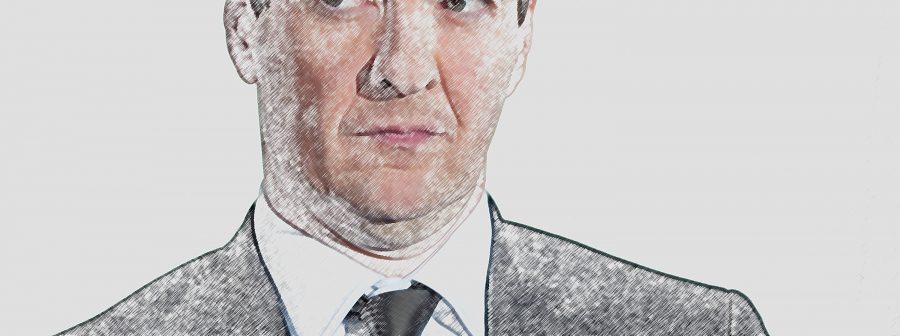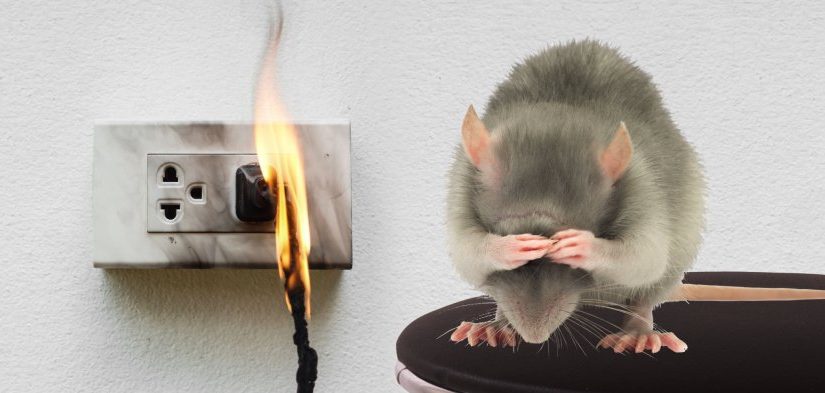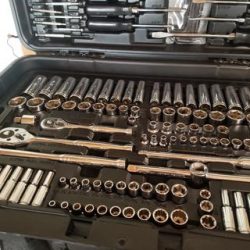A homily for the 30th Sunday in Ordinary Time 2019
Jesus addressed this parable to those who were convinced of their own righteousness and despised everyone else.
“Two people went up to the temple area to pray; one was a Pharisee and the other was a tax collector.
“The Pharisee took up his position and spoke this prayer to himself: ‘O God, I thank you that I am not like the rest of humanity — greedy, dishonest, adulterous — or even like this tax collector. I fast twice a week, and I pay tithes on my whole income.’
“But the tax collector stood off at a distance and would not even raise his eyes to heaven, but beat his breast and prayed, ‘O God, be merciful to me a sinner.’
“I tell you, the latter went home justified, not the former; for whoever exalts himself will be humbled, and the one who humbles himself will be exalted.”From the Gospel of St. Luke, 18:9-14
We know a lot has changed in 2,000 years. A whole lot. Much of that change has been for the better.
Some has not.
Sad to say, some of what’s not changed for the better has been the way some people look at others.
St. Luke begins today’s Gospel passage with a hard shot at those folks:
“Jesus addressed this parable to those who were convinced of their own righteousness and despised everyone else.”
Two thousand years later, isn’t that still happening? Maybe we don’t use the word “righteousness” – it’s not a term we toss around a lot in the 21st Century. But maybe “right-ness”? As in, “I’m right, which makes you wrong.”
Because, of course, every situation is A or B. Black or White, no Gray.
Yes or No, Either Or, not Both And.
Because every situation, it seems, regardless how trivial, regardless how insignificant in the history of humanity, is so loaded with emotion nowadays that what should be a civil discussion can escalate to a shouting match.
What’s changed in 2,000 years, it seems, is how far we may go to show how we despise The Other.
What’s really changed, I believe, is that these days, we consider everything a competition. A competition that some folks take too far.
If you’ve ever seen me driving on the Parkway or jockeying for a checkout line at Costco, you know I’m among the guiltiest.
Now, just so we’re clear, humans are competitors by nature. It’s a gift from God. Used properly, it’s a good thing. Our competitive instincts have helped humanity survive since cave days.
Competition helps us achieve; competition helps us improve. Competition lets us understand which of our God-given talents make us stand out.
From competition, our leaders emerge.
In all of these ways, competition is good; it’s healthy.
But when competition becomes all about winning … worse yet, when competition becomes about utterly crushing your opponents, that’s when we realize that in 2,000 years, despising everyone else has devolved into something sinister.
Jerry Seinfeld once cynically joked that second place is the first loser.
Ha. Ha.
But with a mindset that sneers at silver and bronze, where is there room for an individual competitor’s personal best? People may deride the notion of participant trophies, but then tell a marathoner who finished 29,999th out of 30,000 – but who finished! – that they didn’t earn their medal.
When competition becomes all about winning … when competition becomes about utterly crushing your opponents, then the sin of selfishness builds a wall around us, and we disconnect from our sisters and brothers. We have no empathy. We cannot feel what they do – their disappointment at coming oh so close, their elation at doing as well as they did, their pride in accomplishing as much as they did. Their relief in making it this far.
Nope.
I won. You lost. You’re a loser. Go back to Loser Town.
Jesus, through Luke, describes the prayers of the Pharisee and the tax collector like a liturgical dance competition. Score enough points, and you win the Holy Wars.
I fast. I tithe.
Ay, yi, yi.
The moral of the story, as Jesus tells it, of course, is that “everyone who exalts himself will be humbled, and the one who humbles himself will be exalted.” Jesus doesn’t say who will enact this turning of the tables, this delivery of true justice, but we can figure that out pretty easily.
God’s smackdown.
Jesus also slips in a couple of terms we think we know pretty well – “humble” and “justified” – but let’s take a second to break these open.
True humility involves being honest about our gifts, our talents, our accomplishments. Humility is not false modesty – aw, it was no big deal – and not a personal put-down. The humble person is grateful for legitimate praise and at the same time does not go fishing for a compliment. Humble people thank God daily for their gifts, and the No. 1 way they do that is by being the best person, the best Tom or Jess or Tracy they can be, because God wants them to. And humble people acknowledge they still have room for improvement: “O God, be merciful to me a sinner.”
Then there’s “justified.”
We use the term pretty regularly in criminal court – it was justifiable homicide – and in situations where someone argues they had every right to do something – he was justified in cutting off the branches of his neighbor’s tree that hung over his back yard.
But when the tax collector went home justified, he went home forgiven by God. He went home washed clean, not necessarily celebrating that his relationship with God was reborn, renewed, but definitely relieved that it was. He went home lighter, with his guilt acknowledged.
This is justification from God. It’s a different notion, a deeper understanding of the term than we’re used to. This is not merely arguing that an action was reasonable; this is God removing the guilt and penalty of sin.
When we sin, we offend God. We break God’s laws. We stray from God’s path. We say to God, pfft! I know better. So only God has the right to deal with us when we do. And if God were human, we’d all probably be out in the cold, cut off, shunned.
But God is God. God is Love. So no matter how many times we thumb our noses at our Divine Creator, God’s merciful embrace is there for us, welcoming us home.
Like the tax collector, we sinners in 2019 can go home justified.
God gives us the Eucharist; God gives us grace.
The grace for Both-And.
The grace to acknowledge the achievements of the winners and the almost-winners.
The grace to eliminate the notion of The Other, of someone to be pushed to the margins, to be despised.
The grace to know that to be kind takes strength and humility.


 Let’s start with the commercial for Jardiance that features a band director just a little too into marching onto the field with her high schoolers. Hips sway, arms swing, she’s totally in control. We’re to believe her Type 2 diabetes is under control as well.
Let’s start with the commercial for Jardiance that features a band director just a little too into marching onto the field with her high schoolers. Hips sway, arms swing, she’s totally in control. We’re to believe her Type 2 diabetes is under control as well.  Next is the “aww-ahh-ee-ahh” band for Humira, whose singer battles a serious intestinal disorder. It seems an odd career choice for someone whose condition is not yet being treated.
Next is the “aww-ahh-ee-ahh” band for Humira, whose singer battles a serious intestinal disorder. It seems an odd career choice for someone whose condition is not yet being treated. 

 It went kerblooey.
It went kerblooey.

